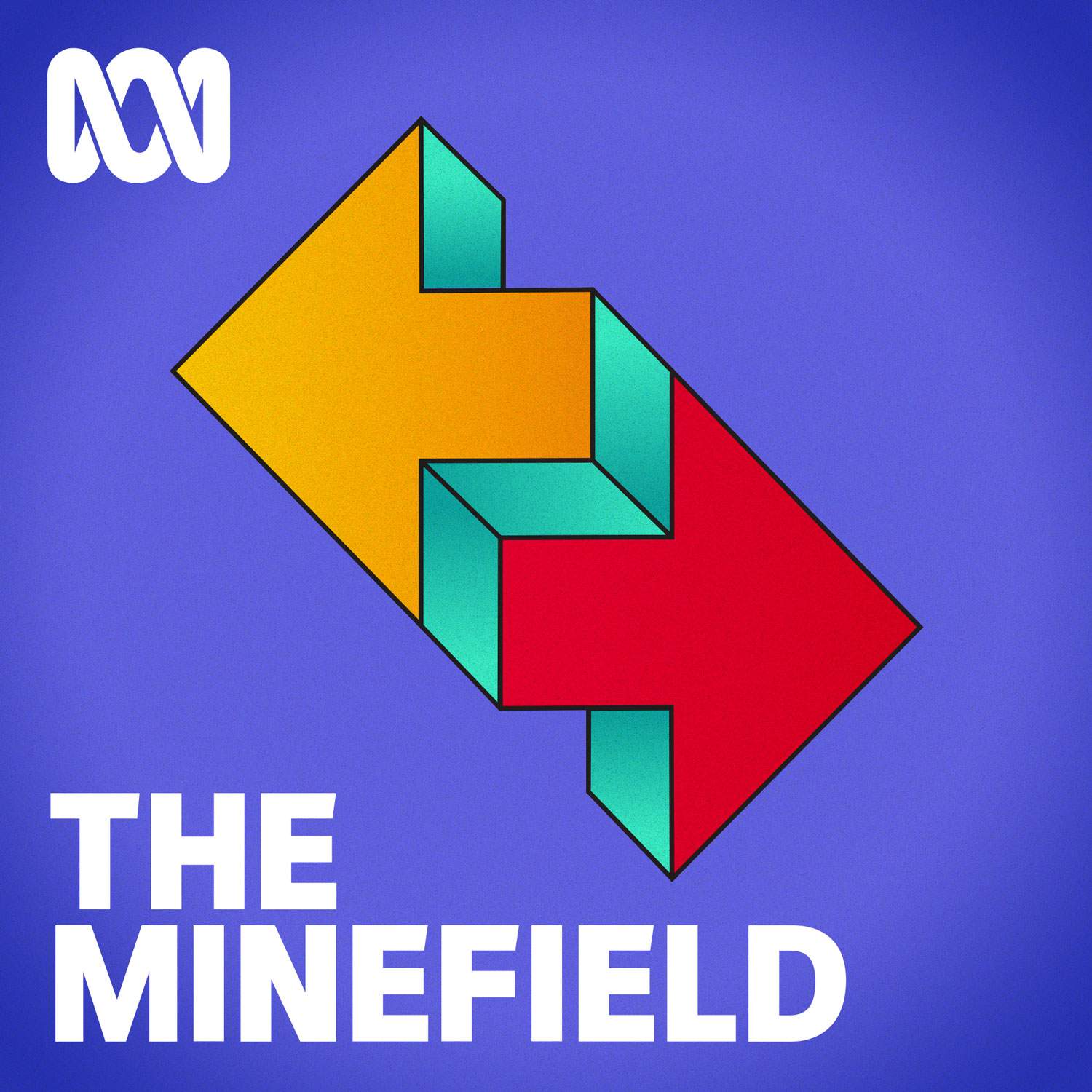

The Minefield
ABC
In a world marked by wicked social problems, The Minefield helps you negotiate the ethical dilemmas, contradictory claims and unacknowledged complicities of modern life.
Episodes
Mentioned books

Dec 30, 2021 • 54min
Should journalists stay away from social media?
Margaret Simons, a seasoned journalist and former director of the Centre for Advanced Journalism, dives into the pressing issues facing journalism in the age of social media. She discusses the ethical dilemmas of journalists balancing active engagement and impartiality, exploring how social media blurs lines between credibility and celebrity. Simons highlights the mental health implications for journalists and urges a reevaluation of practices as integrity is threatened by the pursuit of virality, calling for accountability amid this shifting landscape.

Dec 23, 2021 • 54min
Is "opinion" doing more harm than good?
Opinion writing plays a disproportionate role in our media eco-system: it drives online traffic, fuels emotion, feeds the forces of polarisation, and promotes an incapacity to understand one another. But is there a different way to think about opinion?

Dec 16, 2021 • 54min
“Prestige television” and the moral life
One of the most notable cultural changes to have taken place over the past two decades is the emergence of “prestige television” — which is to say, television as the visual equivalent of literature, and with similar ambitions. What has this shift done to our moral sensibilities, or to our understanding of the shape and demands and limits and possibilities of the moral life?

Dec 9, 2021 • 54min
Should wealthy nations be procuring booster doses?
Owen Schaefer, an Assistant Professor at the Center for Biomedical Ethics, dives into global vaccine equity challenges. He discusses the ethical dilemmas posed by wealthy nations procuring booster doses while countries still face shortages. Schaefer unpacks the tension between national interests and the urgent need for equitable access, highlighting the role of pharmaceutical companies. The dialogue also addresses the implications of intellectual property rights on vaccine distribution and the moral responsibilities shared by affluent nations during a pandemic.

Dec 2, 2021 • 54min
The ethics of “sh*t-stirring”
In a time when so many opinions are clamouring for views in our debauched attention economy, “sh*t-stirring” has become an irresistible strategy to get oneself noticed. But it does so at a cost, not least to the reputational cost of those who practice it — including moral philosophers. So what is the difference between “sh*t-stirring” and something like virtuous provocation?

Nov 25, 2021 • 54min
Melbourne’s protests — last gasp or harbinger of things to come?
Over the last two weeks, we’ve seen a new wave public protests grow in both size and palpable anger in Victoria. With politicians already trying to make the most of these demonstrations in the lead-up to next year’s federal election, what are their implications for representative politics in Australia?

Nov 18, 2021 • 54min
The ethics of political U-turns
How much leeway should we give politicians to change, if not their minds, then at least their positions? Under what circumstances are political “U-turns” not liable to condemnation or censure? When should they be met with suspicion, and when should they be received as a reflection of the hard realities of representative politics itself?

Nov 11, 2021 • 54min
Why don’t we talk more about class?
It’s become a sad commonplace in our time to hear the lines along which democratic societies are now divided. What is often absent, however, is mention of class. Why? Do Korean films like Bong Joon-ho’s Parasite, or Hwang Dong-hyuk’s smash hit Squid Game, have anything to teach us? Atlantic staff writer George Packer joins us.

Nov 4, 2021 • 54min
Should we enjoy sports that ruin athletes' lives?
Every so often, fans are forced to reckon with the high price that sports can exact on the lives of athletes. In such moments, we are compelled to ask: Is our enjoyment worth the cost?

Oct 28, 2021 • 54min
What are we doing when we “quote”?
How might we avoid bad faith quotations, served up in vain interests, and locate ourselves, our hearers, our readers, in a community of mutual interest and intellectual wonder — not so much using quotations, as exposing ourselves to their provocation?


